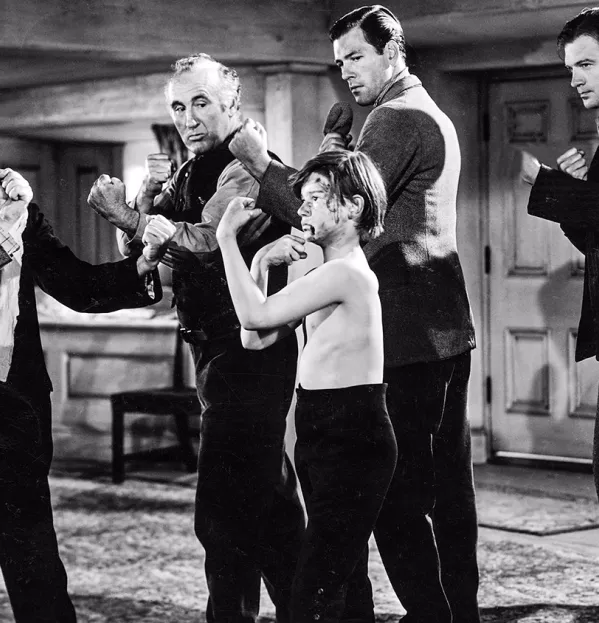An expert look at...private schools and political whims
Share
An expert look at...private schools and political whims
https://www.tes.com/magazine/archived/expert-look-atprivate-schools-and-political-whims

Every week, one of our reporters will take a look at one of their specialist topics and offer their unique insight. This week, Martin George looks at private schools in education policy.
Can November 2016 really be just two short years ago? Cast your mind back to a time when Theresa May was still strong and stable, and we were in the midst of her government’s consultation on creating new grammar schools.
At the same time, the Department for Education was desperate to see private schools and universities get more involved with state schools, and threatened some punitive punishments if they refused. Their tax breaks and tuition fee income were on the line.
On the face of it, nothing has changed since then. But anyone reading the detail of a new “Guide to setting up partnerships”, published by the DfE earlier this month, might wonder just how committed the department still is to compelling the independent school and higher education sectors to do their bit.
The threats of 2016 are nowhere to be seen. What was a very big stick has become the gentlest of nudges.
Put aside the concerns of those who question whether universities really have the expertise to run schools, and whether what works in private schools can be readily transferred to the state sector. And block out the cries of those in both sectors who say that they already do a lot of good work in this area. The government still clearly retains the end goal of seeing more of the resources and expertise in private and higher education being used in the state-schools sector.
Universities, independent schools and state-funded schools “can all benefit from sharing knowledge, experience and resources by working together”, it reaffirms, and it “wants to encourage” sustainable and reciprocal partnerships.
There are lots of suggested areas for collaboration, from sharing teachers in shortage subjects and forming mixed-school classes in subjects like languages, to those old favourites, sponsoring an academy or setting up a free school.
But those proposals to use cold hard cash to compel private schools and universities to set up free schools or sponsor academies - or, in the case of the former, to take a quota of pupils from disadvantaged backgrounds on fully funded bursaries - are notable by their absence.
Much to the relief of private school heads and university vice-chancellors, it seems that two years is a very long time in education policy.
Already a subscriber? Log in